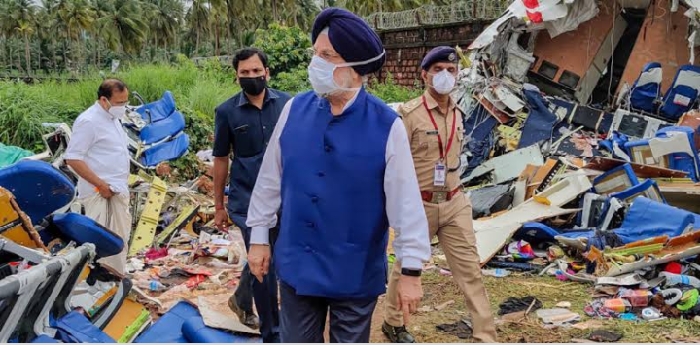Bengaluru, Mar 6: Reactions to the government's ban on the controversial documentary, "India's Daughter," on the chilling 2012 Delhi gang-rape incident, has taken the Internet by storm. The audience who watched the film on Internet, questioned the government as to why the documentary should be banned.
"We are bold women not bad women & rape is definitely not something we deserve. If the government can't ban rapes, why @IndiasDaughter then," wrote a Twitter user.
British filmmaker Leslee Udwin produced the documentary film on the Delhi rape incident for the BBC, which had planned to broadcast on the occasion of the International Women's Day.
Despite the ban, the BBC went ahead with broadcast and uploaded the documentary film on YouTube, much to the despise of the government. However, the Home Ministry convinced the YouTube to take down the BCC link to the film but the original link continues to linger around the web space
The film from the link was viewed more than one lakh times by Thursday night, said reports.
The available viewership number of the film doesn't include the views from other sources on the Internet. This has forced the government officials from multiple departments to rack their brains to figure out a way to stop the film from spreading online.
"Officials from four ministries, overseeing law, broadcasting, information technology and external affairs,- have put their best heads together to find out the best course of action," said a spokesman for the Ministry of Home Affairs, according to a tv report.
Internet users have been expressing their anger over the two defence lawyers for the rapists by flooding Facebook and Twitter with posts.
The remarks of ML Sharma and AK Singh, defence lawyers for the four death row convicts, over the Delhi rape case, women and their position in Indian society in the film, have outraged netizens, who are demanding legal action against the lawyers.
"Most horrific in this controversy on @IndiasDaughter is lack of action by d law ministry/Police in nt suspending d lawyer who justifies rape," said a Twitter user.
"@IndiasDaughter Isn't there a provision in the law to seek action against those two lawyers? I have more complaints against them,"wrote another user.
"Must watch @IndiasDaughter .Defense lawyer, you appall me.Thank you @lesleeudwin . #LiftTheBan Indian Government. #IndiasDaughter," said another.
The Home Ministry has also served a legal notice to the news channel, following the BBC’s broadcast of the controversial documentary. The government contended that the film gave rapists a platform to express their views and caused damage to India's global image.






Comments
Add new comment